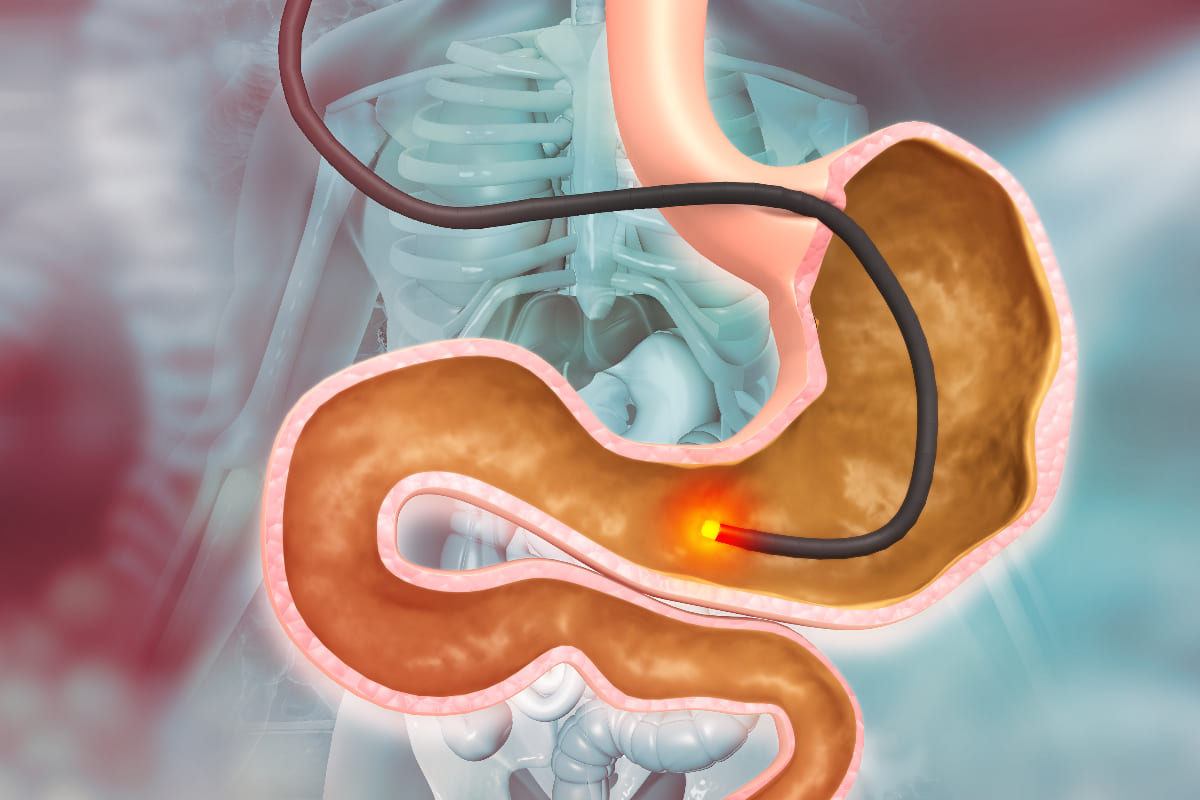KEY TAKEAWAYS
- The study aimed to characterize EOGIC, highlighting its molecular traits and the need for tailored management approaches in younger patients.
- Researchers identified EOGIC knowledge gaps, and TEOGIC offers insight into tailored management, early detection, and precision medicine.
Gastrointestinal cancers rank among the most widespread diseases globally. Notably, the incidence of Early Onset Gastrointestinal Cancer (EOGIC) has surged in recent decades, possibly influenced by lifestyle changes and environmental factors. Distinguished by unique clinical and molecular traits, EOGIC presents as a distinct entity from typical gastrointestinal cancer, particularly affecting younger individuals. Addressing this gap, the TEOGIC initiative proposes a comprehensive study to characterize patients with EOGIC.
R Vera and the team aimed to better understand and tailor management approaches for this emerging patient population.
They performed an inclusive analysis on patients with newly diagnosed colorectal, gastroesophageal, and pancreatic adenocarcinoma, stratified into EOGIC (≤ 50 years old) and non-EOGIC (60-75 years old) cohorts in a 1:2 ratio. About 240 patients were recruited from 4 Public Hospitals. Upon obtaining unified informed consent, demographic, clinical, and lifestyle-related data will be collected in a REDCap database.
Biological samples, including circulating inflammatory proteins, gut microbiota, and tumor microenvironment proteome, will be procured prior to any one-specific treatment. Histologic characteristics and routine biomarkers will also be gathered. Subsequently, data will be integrated and analyzed to evaluate tumor-specific, pan-tumor, and sex-associated differential characteristics of EOGIC.
The study concluded that the underlying risk factors and unique characteristics of EOGIC remain understudied. The TEOGIC initiative represents a pioneering effort to comprehensively characterize these patients, addressing their specific needs. Despite limitations such as sample size, this study holds promise to raise awareness and influence preventive behaviors. Furthermore, molecular investigations could unveil novel biomarkers and therapeutic targets, aiding in tailored clinical management and the development of screening programs for early detection and precision medicine.
The study was funded by the Carlos III Health Institute. IL is financed by National Agency of Research (AEI) in the “Juan de la Cierva-Postdoctoral formación”; AL is supported by the “Clínico Junior en el Territorio AECC 2023” grant from the Spanish Association Against Cancer (AECC). HA is supported by the “Clínico Junior 2019” grant from the Spanish Association Against Cancer (AECC); MA is partially financed by the Government of Navarra in the La Caixa Program. AMC is supported by the “AECC SEED IDEAS 2023” grant from the Spanish Association Against Cancer (AECC) and “Knowledge Generation Proyects 2022” grant from the State Scientific, Technical and Innovation Research Plan 2021—2023 from the Ministry of science, innovation and universities. Spanish government.
Source: https://pubmed.ncbi.nlm.nih.gov/38824512/
Vera R, Castro N, Labiano I, et al. (2024). “The TEOGIC study project: a comprehensive characterization of early onset gastrointestinal cancer in the Northern area of Spain.” BMC Cancer. 2024 Jun 1;24(1):668. doi: 10.1186/s12885-024-12454-9. PMID: 38824512; PMCID: PMC11143674.



